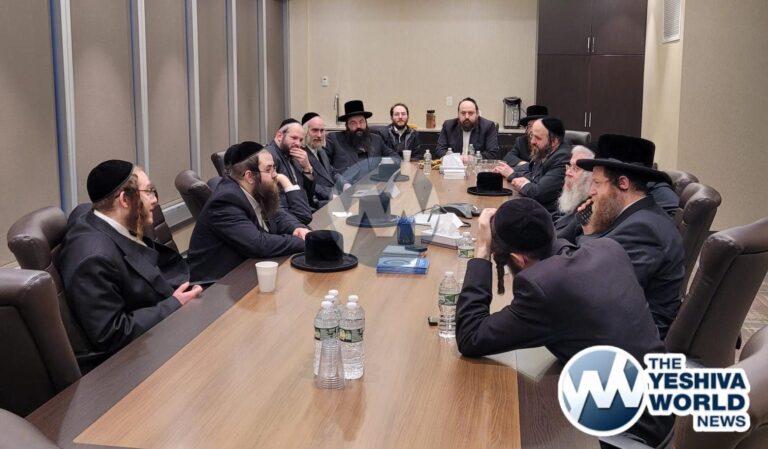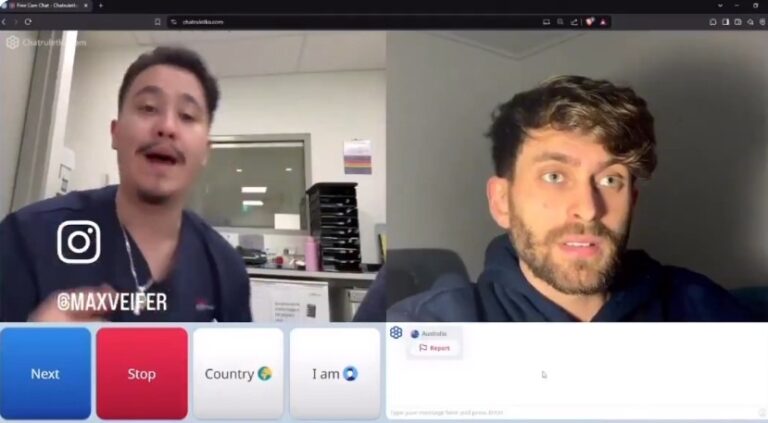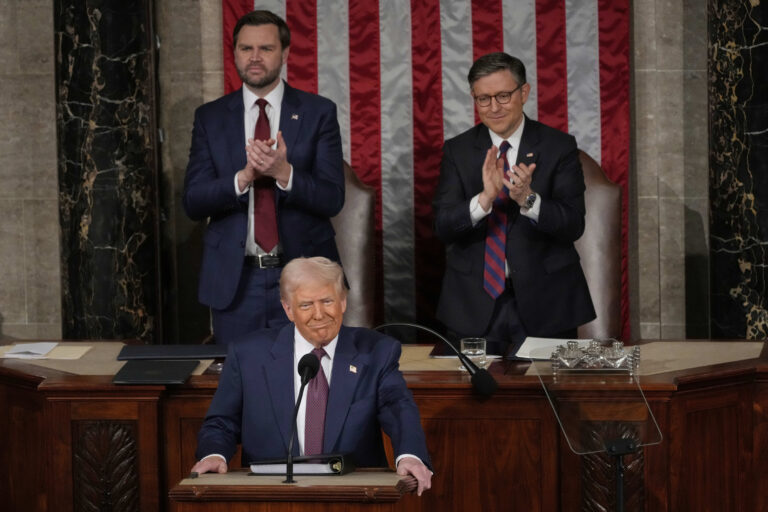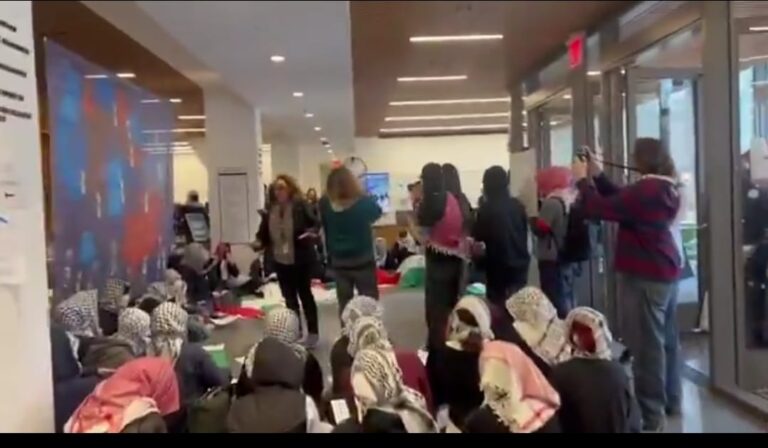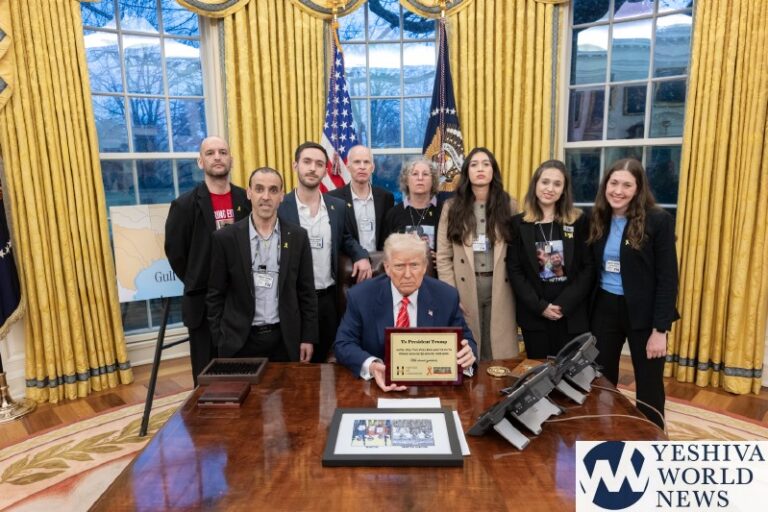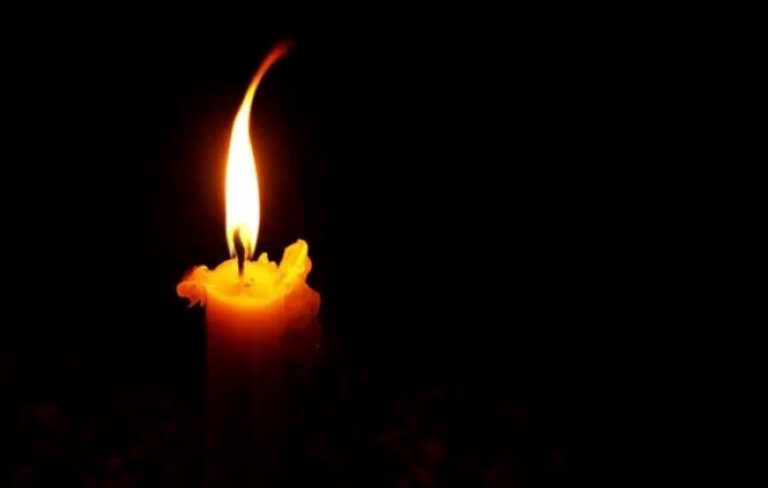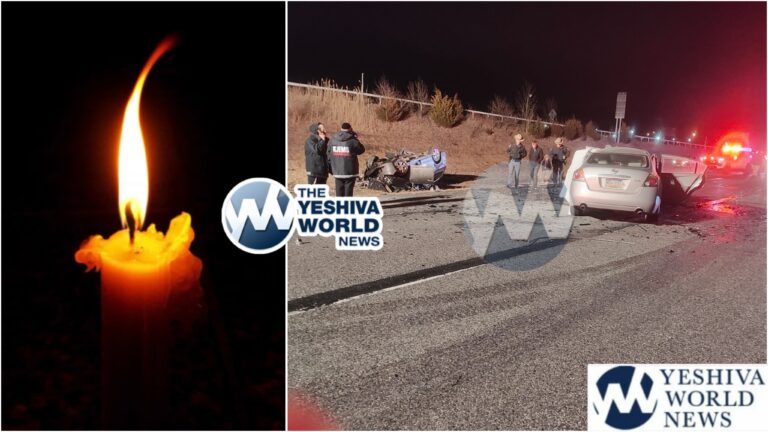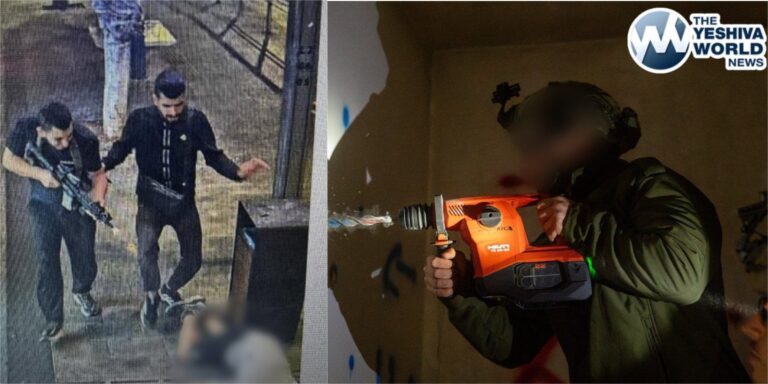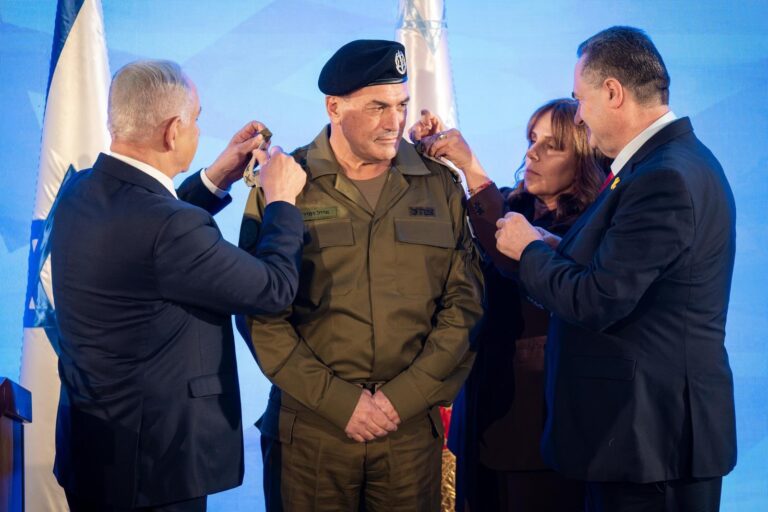 [VIDEO IN EXTENDED ARTICLE]
[VIDEO IN EXTENDED ARTICLE]
Ambassador David Roet addresses UN Security Council on the Situation in the Middle East on Tuesday, 27 Tishrei.
Madam President,
Albert Einstein once said: “The world is a dangerous place to live; not because of the people who are evil, but because of the people who don’t do anything about it.”
There is no question that the world is a dangerous place to live. What many fail to realize is that it will remain dangerous – and become even more dangerous – unless we address the real root causes of the violence and instability. Namely, the poisonous ideology of extremism.
As we speak, violent radical groups are waging a brutal and aggressive war to challenge the existing world order. It is no accident that the most dangerous extremist groups operate in the Middle East, a region plagued by intolerance and tyranny. They are taking advantage of the area’s instability to advance their narrow interests and return the region to the Dark Ages.
While many nations struggle to combat terrorist groups that are thousands of kilometers and oceans away, Israel finds these threats on its doorstep.
The State of Israel is the only democracy between the Red Sea and the Caspian Sea. We have built a society based on democracy, freedom of speech, freedom of worship, the rule of law, and the equal rights of all people.
These are the values that this institution was built upon and these are the values that this institution should be upholding. And yet, as I listen to members of the international community speak about the ‘root’ causes of the Israeli-Palestinian conflict, it is clear that these are not the values being championed
Madam President,
How many times have you heard it said that the ‘root cause’ of the conflict is the “occupation”? And how many times have you heard that Hamas fires rockets into Israel to oppose the occupation? This simply isn’t true – because Israel does not occupy Gaza.
In 2005, Israel turned every inch of Gaza over to the Palestinians. We uprooted thousands of families from their homes and dismantled their businesses. We opened border crossings and encouraged commerce because we wanted Gaza to succeed. For our sake and the sake of the Palestinians, we hoped that this would serve as a model for two societies to live side by side in peace.
But it didn’t. Instead, Hamas sought to fulfill the mission stated in its Charter of destroying the State of Israel.
Some have also suggested that settlements are the ‘root cause’ of the conflict. There are many threats in our region, but the presence of Jewish homes in the Jewish homeland has never been one of them. From 1948 until 1967, the West Bank was part of Jordan, and Gaza was part of Egypt – and throughout this time, our neighbors still sought our destruction.
Nonetheless, some in the international community continue to cling to old myths. How many times have you heard that the Israeli-Palestinian Conflict is the central conflict in the Middle East – if you solve that conflict, you solve all the other conflicts in the region.
Make no mistake, it is important for Israel and the Palestinians to resolve our longstanding dispute. It is important on its own merits so that Israelis and Palestinians alike can lead peaceful, secure and prosperous lives. But this can only be done through direct negotiation.
As much as I look forward to the day when we will make peace, I can assure you that when that day comes, the Middle East will not magically transform into a stable and peaceful place. Hezbollah will not surrender its tens of thousands of rockets. ISIS will not join the Peace Corps and stop recruiting new jihadists. And Hamas will not amend its Charter to recognize the existence of the State of Israel.
Madam President,
President John F. Kennedy said, “The great enemy of the truth is very often not the lie… but the myth, persistent, persuasive and unrealistic.”
So what are the real underlying causes of the instability in our region?
Root cause number one: Hamas is committed to the destruction of the State of Israel.
Hamas – an extremist terrorist organization – rejects our very existence. It believes that Israel has no right to exist in any borders. Some in the international community are willing to admit this behind closed doors, but rarely, if ever, will they acknowledge this fundamental fact in public meetings.
Millions of Israeli families spent the summer months running for shelter from the thousands of rockets fired intentionally and indiscriminately by Hamas towards our cities and towns. Communities near Gaza were horrified to learn that their homes and schools were steps from Hamas’s vast network of terror tunnels.
No nation, no government could be expected to stand by as its people are the target of rocket attacks, kidnappings, and terrorist plots. In the face of these unrelenting threats, we were left with no choice, but to defend our citizens.
Israel did everything it could to safeguard innocent lives, taking steps beyond those required under international law. We accepted cease-fire after cease-fire, we aborted missions to save lives, and before launching attacks, we dropped leaflets, sent text messages, and made phone calls. What other country goes to these lengths to protect civilians?
Hamas’s modus operandi is to exploit its innocent civilians and endanger its own people. There is no site in Gaza that Hamas deemed off-limit – not ambulances which it used to transport terrorists, not private homes where Israeli forces discovered explosives beside a baby crib, not hospitals which were used as terrorist command centers, and certainly not UNRWA schools which were turned into rocket storehouses and where terrorists fired rockets from just steps away.
Despite all of this, Israel – and Israel alone – is singled out, scrutinized, and criticized. At the Cairo Conference many nations had a great deal to say about Israel’s policies and actions, but couldn’t even bring themselves to mention Hamas by name.
Madam President,
A second real root cause is the unilateral steps that distance us from peace.
There are no shortcuts when it comes to making peace. Making peace requires courageous leaders – leaders who speak about partnership and denounce prejudice; leaders who embrace tolerance and reject terrorism; leaders who believe in cooperation instead of conflict. When Israel faced a leader willing to make peace – we made peace. This was the case with President Sadat of Egypt and it was the case with King Hussein of Jordan.
In his remarks to the General Assembly last month, President Abbas delivered a hate-fuelled attack that accused Israel of the worst crimes including racism and genocide. Just a few days ago, he called on the Palestinians to prevent Jews from visiting the Temple Mount in Jerusalem using “all means” necessary.
Are these the words of a man committed to making peace? Does this sound like a leader willing to make painful compromises? Or is this more incitement and intolerance?
Making peace requires compromise and hard choices. The remarks made earlier by the Palestinian delegate offer another example of the tendency of the Palestinians to point fingers instead of taking responsibility.
The delegate touched on many things, but failed to address the important issues. And so I ask:
Why don’t you condemn Hamas for using your people as human shields?
Why don’t you denounce Hamas for stealing from the Palestinian people to buy rockets and build terror tunnels?
Why do you pursue destructive unilateral actions rather than constructive bilateral efforts?
The same message should be conveyed in the international community. Supporting Palestinian unilateral steps do not advance the cause of peace. By prematurely recognizing a state of Palestine, European governments are sending a message that Palestinians do not need to make hard choices and they might be undermining efforts to bring about a real and lasting change in our region.
Madam President,
The United Nations must also play its part. The selection of William Schabas to chair the Gaza commission of inquiry is just one more example of the anti-Israel bias that pervades this institution.
Mr. Schabas’s agenda is clear. He has repeatedly called for the prosecution of Israeli leaders saying, “My favorite would be Netanyahu within the dock of International Criminal Court.” It is obvious that Mr. Schabas is not impartial and yet he refuses to recuse himself. If Mr. Schabas doesn’t have the integrity to do what is right, then it is up to the international community to step in.
Israel does not shy away from accepting responsibility, but cannot be expected to abide by a commission that predetermines the outcome of its inquiry. Israel understands that the examination of its policies is a fundamental part of the democratic process. For this reason, in the early days of Operation Protective Edge, Israel established a fact-finding mechanism in accordance with international law to investigate exceptional incidents. These incidents include, among others, cases which resulted in harm to civilians or damage to civil or United Nations facilities.
As a democracy, Israel upholds and abides by the rule of law. We would hope that the international community would support us in this effort. Premature and unfounded accusations serve no purpose other than to inflame tension in the region.
Madam President,
Israel is committed to partnership with the international community to advance peace and develop the Palestinian economy. We have already approved a three-phase plan to address the Palestinians’ economic and construction needs and to improve the access and movement of people and goods. Last week, 600 tons of cement and 60 trucks of construction aggregates and iron were transferred into Gaza to begin reconstruction efforts. Furthermore, all projects – all projects – submitted by the international community and the Palestinian Authority have already been approved.
Now that a cease-fire is holding, we must consider how to bring about a lasting and sustained period of quiet for both the people of Gaza and Israel. Only the demilitarization of Gaza can guarantee a durable and sustained ceasefire between Israel and the Palestinians.
Many in the international community are quick to denounce Israel’s actions, but are blind to one simple fact – If Hamas is allowed to acquire more weapons, it will use them. We have been at this crossroad before. Over the years, Hamas has stolen hundreds of millions of aid dollars intended for development to build its military capabilities and terror infrastructure.
This time must be different. This time there must be proper oversight to ensure that all funds and materials reach their intended destination. This time we must ensure that Hamas does not stockpile more rockets and build more terror tunnels. To this end, Israel welcomes the tripartite mechanism for rehabilitating the Gaza Strip.
Working together we can build a strong Palestinian economy while building bridges towards peace. This is only possible through partnership, cooperation, and direct negotiation. Unilateral actions are not a step forward; they are a step in the wrong direction.
Madam President,
A third root cause is state sponsors of terrorism.
As the international community comes together to fight the threat posed by radical extremist groups, it should not lose sight of the even greater threat looming on the horizon – a nuclear Iran. The recent horrific death and destruction that we are seeing in our area pales in comparison to the devastation that would unfold if the world’s most dangerous regime gets its hands on the world’s most dangerous weapons.
The international community has realized the need for a robust strategy that will contain the threat posed by terrorist groups like Daesh. The same thinking is needed with state sponsors of terror like Iran. The nuclear deal that is currently on the table allows Iran’s nuclear infrastructure, knowledge, and ambitions to remain intact. This is a dangerous mistake. The international community must see Iran for what it is – a ruthless and repressive regime that is determined to acquire nuclear weapons.
It has been over a year since Hassan Rouhani became the president of Iran. He came to power promising to tackle corruption, grant freedoms, and defend minorities. Now that it is one year later, what exactly has changed? According to a March UN report, religious minorities in Iran still face rampant discrimination. In particular: “Iranian authorities at the highest levels have designated house churches and evangelical Christians as threats to national security.”
What does it say when a nation is desperate to acquire weapons of mass destruction, but regards churchgoers as weapons of “Sunday Mass” destruction?
In the year since Rouhani was elected president, has Iran reformed its justice system? Not in the least. Every month, dozens of Iranians are hanged from cranes in public squares and hundreds of political prisoners are beaten and tortured.
Are the Iranian people in any way freer or happier? Turns out that even being happy is a crime in Iran. Just days after Rouhani denounced Internet censorship as “cowardly,” six young Iranians were arrested for creating a YouTube video in which they sang and danced about being happy. Rouhani may smile happily for the cameras, but Iran’s own citizens are denied this privilege.
Madam President,
For decades, Iran has funded hundreds of terror campaigns that have taken thousands of innocent lives in Africa, Europe, Latin America, and the Middle East. In Syria, Iran has sent its Revolutionary Guards to fight alongside Assad’s forces and spent billions sustaining the bloody civil war that has taken almost 200,000 lives. In Lebanon, the Iranian-backed Hezbollah terrorist group has built a militia larger and stronger than many armies.
For years, we told the international community that illegal arms continue to flow into Southern Lebanon. We warned that Hezbollah is amassing tens of thousands of rockets and missiles. We were met with silence. This is the same response we received when we reported that Syria was arming itself with chemical weapons and Hamas was smuggling thousands of rockets into Gaza.
Will you continue to remain silent as Hezbollah escalates its attacks on Israel? Two weeks ago, three IEDs were detonated on the Israeli side of the Blue Line. Shortly after the attack, Hezbollah claimed responsibility for planting the devices.
This isn’t the first incident of this nature. Earlier this year, Hezbollah leader Nasrallah admitted his organization’s responsibility for planting a roadside bomb in the vicinity of Mount Dov. Before the situation deteriorates any further, the Security Council must demand that the Lebanese Government fully abide by Security Council resolution 1701and deploy its armed forces to prevent any future attacks before it is too late. Israel will not tolerate any attacks on its sovereignty and will act to protect its territory and citizens.
The citizens of Israel want to live in peace. There is nothing we want more. Israelis envision the day when we can live free from divisions, hatred, and violence. But making peace requires courageous action.
The international community must lead by example and confront the real root causes of the instability plaguing the Middle East. It must stand firm against the jihadist groups that are spreading the poison of radical extremism throughout our region. In the coming months, our values and our resolve will be tested time and again. We must stand firm because the safety of our citizens and the global security is at stake.
The global community has been clear about its opposition to Daesh and al-Qaeda and Boko Haram – but that same determination must be shown with Hamas and Hezbollah which share similar dangerous and radical views.
It is time to speak out clearly and unequivocally. Call on President Abbas and the Palestinian Authority to denounce Hamas, stop the anti-Israel incitement, and take constructive steps towards peace. This is the only way to ensure that all of our children can inherit a more open, more tolerant, and more peaceful planet.
Thank you, Mr. President.
(YWN – Israel Desk, Jerusalem)

